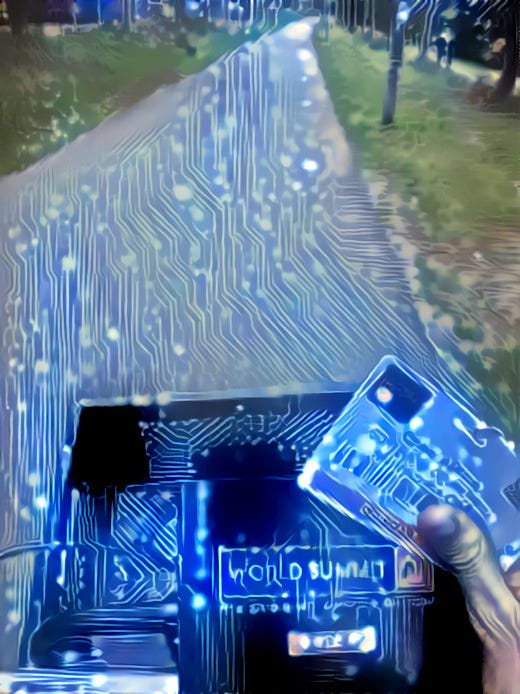World Summit A.I. 2017 Summary
Chris Harris / May 06, 2017
2 min read •
World Summit A.I. 2017 Summary

A list of insights I took away from WSAI.
I was pleased to see industry leaders dispelling a lot of hype, though there was still a lot of hype and a lot of corporate participants trying to promote themselves relevant in the A.I. space.
Current limitations of A.I:
- Most ‘A.I’ machine learning models start learning from scratch and thus require large amounts of data and large amounts of computational resources.
- We lack the generalisable building blocks to do machine learning efficiently.
- Even experts machine learning engineers go through trial and error in building models, we don’t yet have good best practices of exactly what kind of architecture to use when.
- Models are highly sensitive to the data they were trained on. Commonly, they do not adapt well to changes in input data.
- We lack the understanding and practical implementation of the sub-components of learning processes to mimic humans in reasoning and generalising based on similar amounts of data.
- Bias and stereotypes must be manually removed from the result of unfair training data.
A.I. Landscape and interesting uses
- It will be a long time before A.I. replaces the jobs requiring creativity and right brain thinking.
- The best uses seemed to be integrating AI technology with humans in the loop, not replacing them altogether.
- A lot of research still into both fine tuning existing machine learning implementations and thinking about new ones.
- While the majority of machine learning and A.I. is used for advertising, there are people out there trying to improve humanity. From apps as a clinical aid for depression, apps that offset suggested diagnoses of medical illnesses, automated project management, etc. Democratising access to these resources for more people than they could help otherwise.
- As data becomes more valuable the need to have open access and interoperability while preserving privacy becomes more important. Restricted access to data by only certain big corps shouldn’t stifle other research and applications.
Collecting future co-conspirators
for conversations not 'content'